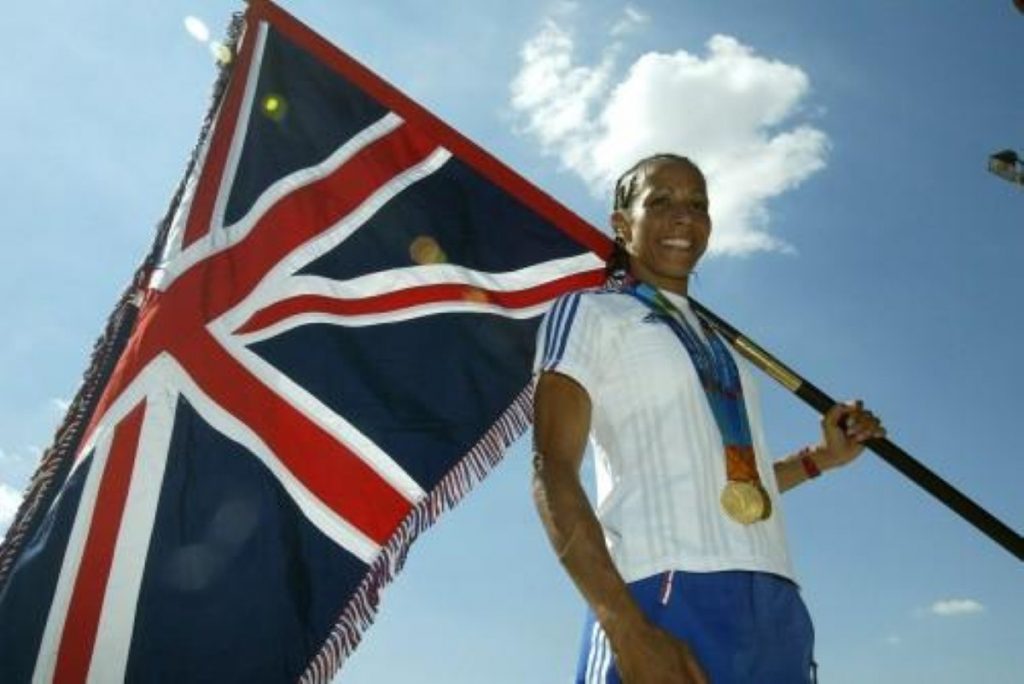Brown to create nation of sportsman
Every child in England will be able to play five hours of sport a week, Gordon Brown announced today.
The prime minister unveiled a £100 million campaign to promote school sport while on a visit to West London Academy with culture secretary James Purnell and schools secretary Ed Balls.
Mr Brown firmly stamped his commitment to competitive games, saying schools should be encouraged to hold sports day, intra-school leagues and compete against rival schools.
The move is part of the government’s preparation to the 2012 Games, as it seeks to avoid the embarrassment of a nation of spectators hosting an Olympics for overseas medal winners.


Mr Brown said: “Watching sport is a national pastime. Talking about sport is a national obsession. But now we need to make taking part in sport a national characteristic.”
Calling for a “united team effort” in the run up to 2012 he added: “We need to put school sport back where it belongs, playing a central role in the school day. I was lucky enough to have primary and secondary schools that had sport at the centre of their ethos.”
All pupils will now be offered five hours of sport a week, including two hours in the curriculum. 16 to 19-year-olds will get three hours a week.
Mr Brown said a renewed emphasis on sport would improve young people’s health, confidence and self-esteem.
He also showed clear support for the competitive side of sport. A network of competition managers will encourage competitive sport, while Dame Kelly Holmes will champion a National School Sports week, encouraging tournaments between local schools.
Mr Purnell: “Many schools are already committed to competitive sport, but often focused on the school’s top athletes.
“We want every child, in every school, to have the opportunity to compete. We want to see a return to competitions within school as well as a healthy rivalry between schools.
“Competitive sport should be a key part of school life.”
Although Mr Balls spoke of a “quiet revolution” in school sport in past years, opposition politicians questioned the government’s commitment.
Shadow culture secretary Jeremy Hunt said today marked the sixth time in six years Mr Brown had promised to introduce more sports, with all previous targets missed by the government.
“We agree that more should be done to promote competitive sport in schools,” Mr Hunt said.
He continued: “But as usual with Gordon Brown, you have to look at the small print of his proposals. He’s been trotting out this same old promise for the past six years, but is still missing his targets to support school sports.
“The reality is that this funding represents less than 10 per cent of the amount he’s cut from grassroots sports as a result of his raid on lottery funds.”
Don Foster, Lib Dem sports spokesman, echoed this argument.
“They pledged £750 million in lottery funding for grass roots sport seven years ago yet they’ve still only provided a fraction of it,” he explained.
“£100 million is a drop in the ocean when the government continues to sink money into the Olympic budget black hole.”
The Professional Association of Teachers, however, welcomed the investment in sport.
Philip Parkin, PAT general secretary, said: “It is important that we invest in school sport, both as an important activity in itself and to improve children’s health and well-being.”
But he added: “I also hope that this will be a long-term priority that will fit in with the rest of an already crowded curriculum, rather than a headline-grabbing, short-lived initiative ahead of the London Olympics.”

